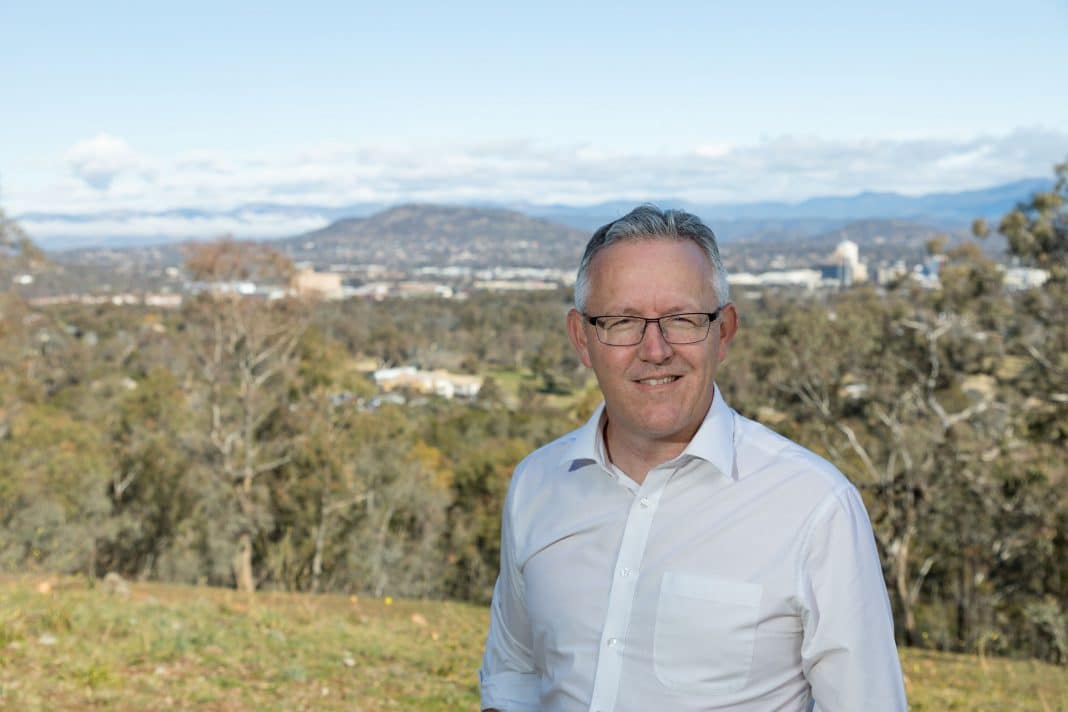Papua New Guinea and Australia enjoy a close relationship. Partly this is a consequence of geographic proximity. But, more importantly, it is a consequence of our shared history. Our shared history spans a century of Australian administration and includes the drama and heroics of the Second World War.
During Australia’s long administration of the territories that would become the nation of Papua New Guinea, government policy and organisation was exercised by district officials who were popularly known as Kiaps.
They frequently travelled to very remote regions, and were responsible for delivering government assistance, building infrastructure, overseeing the exercise of justice, and generally acting to improve the capacity of communities.
They were roving administrators, magistrates, and project managers.
Kiaps were Australian public servants who were recruited and trained here, and then sent over to Papua New Guinea to serve and work with local communities. Given the significant diversity of Papua New Guinea, the job was certainly a difficult one.
Unlike in other colonial exercises around the world, Kiaps were public servants in the sense that we understand that term today, working to help local communities and not to impose foreign rule.
This is demonstrated by the respect with which Kiaps are held today in Papua New Guinea, with their role in nation-building highly praised. Indeed, many of the foundations of the important local civic infrastructure necessary for the ongoing success of Papua New Guinea as a nation were put in place by Kiaps.
Of the 2,000 Kiaps who worked during Australia’s administration of Papua New Guinea, 88 died. It was dangerous work; there were accidents, violence, and, of course, the Second World War to endanger the Kiaps.
Despite this sacrifice, and the enormity of their contribution to both Papua New Guinea and Australia, no memorial exists to the Kiaps. This is an extraordinary omission.
I have been familiar with the story of the Kiaps for many years, having met many former officers and their families. Since becoming the Member for Bean, it has been my privilege to meet many more former Kiaps and hear their remarkable stories.
A group of former Kiaps have come together to advocate for the construction of a permanent memorial to their work and sacrifice. The memorial would be situated here in Canberra, ideally within Commonwealth Park.
The proposed location of the memorial in that park is both deliberate and appropriate. Within Commonwealth Park, Australians have the opportunity to pay their respects at the police memorial, the merchant navy memorial, and the workers memorial. It is fitting and appropriate that a memorial to Kiaps and their contributions be established.
I know many other members of parliament from different political parties share my view and support the Kiap memorial.
In a few years, it will be the 50th Anniversary of the independence of Papua New Guinea. This will be an important milestone for both Australia and Papua New Guinea. It would be fitting to have the memorial completed by this anniversary. Kiaps played an essential role in Papua New Guinea’s journey to independence, and it is important that their service and sacrifice be remembered.
David Smith MP, Member for Bean
Canberra Daily is keen to hear from you about a story idea in the Canberra and surrounding region. Click here to submit a news tip.



